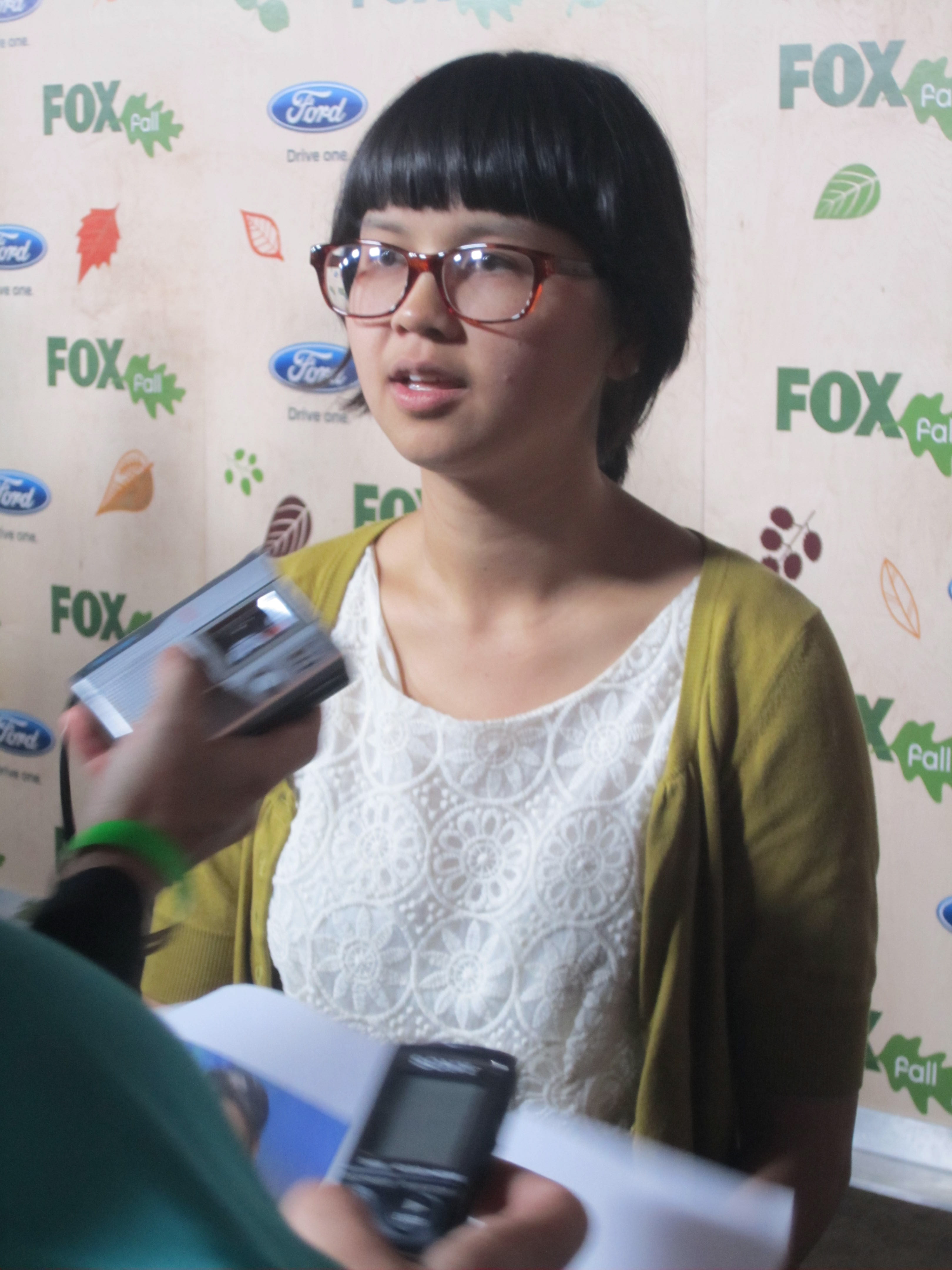Senior Ashlyn Kelly and sophomore Alex Kolodney, Gay directly Alliance (GSA) club users, led a powerpoint presentation on allyship.
Based on Kolodney, “An ally is a person who is cisgender, and heterosexual who supports, it is perhaps not area of the LGBTQ community.”
Kolodney and Kelly additionally shared basic easy methods to be a fruitful ally, showcasing the necessity of pronoun usage.
“Try not to screw up someone’s pronouns,” said Kelly. “If you will do make a blunder nevertheless, just realize your error, quickly but sincerely apologize then move ahead. Don’t over apologize though, because that will just lengthen the blunder, making someone need certainly to dwell within the minute to be identified because of the incorrect pronouns, that will be never ever a beneficial feeling.”
The presentation additionally taught pupils how to avoid uncomfortable and embarrassing situations regarding someone’s sexuality.
“You have to do your own personal research on specific pronouns or such a thing as a whole associated with the LGBTQ community,” said Kolodney. “Misusing a term associated with the LGBTQ community may be both hurtful and harmful.”
Kelly additionally noticed that utilizing slurs ended up being unpleasant throughout the presentation. “Using a slur provides a term a bad connotation that straight may influence certainly one of us. Once more, do research on terms that may possibly be hurtful.”
As an element of ToBGLAD Day, a panel of people of the LGBT community and of different spiritual communities talked in regards to the intersectionality between spiritual opinions and sex and sex identification final Friday during A-block into the auditorium.
Moderated by sophomore Achille Ricca, an officer for the Gender sex Alliance (GSA), the panel contained Laura Abrasley, Molly Eskridge, Nabil Khan, and Jonathan Newell-Roberts.
First, all the panel people introduced themselves and shared their favored pronouns and their spiritual affiliation. Abrasley recognized as Jewish, Eskridge as Wiccan, Khan as Muslim, and Newell-Roberts as Baptist.
The panelists started by commenting on the experiences within their particular spiritual communities while being the main LGBT community.
Abrasley said, “Today, being an away, lesbian rabbi is now less and less of a problem,” which she regards as an indicator that the Jewish community happens to be more available, explaining that she initially doubted her prospective to be a rabbi “outside associated with heterosexual context.”
Eskridge commented that she had been “lucky” to possess entered the Wiccan community in a environment with LGBT representation, which made her feel more welcome whenever she joined up with.
She additionally commended Wicca’s focus on an “immediate and personal relationship because of the divine,” including so it permitted her to become more open with herself along with her identity. “To deny, obfuscate, or shade the part of me that has been queer will mean that my relationship because of the divine ended up beingn’t honest,” she explained.
Likewise, Khan, who was simply raised as Muslim in center Eastern, Muslim-majority nations, noted, “Your relationship with God comes before what your community informs you about God.”
He included that being homosexual “just wasn’t talked about,” and “there was almost вЂdon’t ask, don’t tell.’” Although LGBT Muslims could have turn out in a few of the communities, he stated, they’ve been, for probably the most component, “not down in their spiritual communities.”
Newell-Roberts explained which he just embraced his sex as he discovered a residential area which accepted him “in totality,” saying, “In my more conservative settings growing up, I became uncomfortable being out.”
The panel then opened to market questions and talked about openness to gender and transgenderism rigidity in spiritual communities.
Newell-Roberts stated, “I really think there is certainly an impact” between exactly how available spiritual communities are to transgenderism when compared with homosexuality or bisexuality. “We’re carrying it out of normalizing the вЂLGB,’ nevertheless the вЂT’ is within a place of newness,” he explained.
Eskridge noted, “The larger Wiccan community can be mainly gender-rigid,” but she strives to stress the notion of a sex range which “allows to get more fluidity.”
Abrasley finished the panel by explaining that queerness methods to “be your self, your complete self.”
B-block
by Nour Chahboun
Within a B-block presentation, sophomore Achille Ricca and freshman Alex Kolodney talked about both the offensive and g d and forward-thinking portrayals of LGBTQ individuals in tv included in ToBGLAD Day when you l k at the auditorium.
Ricca introduced a powerpoint containing the overall reputation for users of the LGBTQ community’s appearances on cinema and tv like the Hayes code, which prevented “any disturbance of intimate perversion” and restricted images of LGBTQ users on display screen through the late 1930’s before the 1960’s.
Ricca talked in regards to the code’s impact in shaping on-screen LGBTQ characters into villains and joke-worthy stereotypes. Kolodney additionally exhibited a  historiography clip that explained how homosexual figures had been frequently shown as p r and effeminate throughout the code’s period.
historiography clip that explained how homosexual figures had been frequently shown as p r and effeminate throughout the code’s period.
The speakers then evaluated the LGBTQ representation in contemporary television and figured although presently there clearly was more freedom to produce diverse content today, stereotypes and LGBTQ misrepresentation are nevertheless quite typical.
Although representation on tv has progressed and diversified considering that the Hayes rule, “at a period of diverse immersion, LGBTQ fetishes and stereotypes may be produced,” said Ricca.
Similar to many other folks, a rise in representation of LGBTQ users in news has offered Kolodney a chance to “find himself from l king on line.”
C-block
by Tali Falk-Judson
A panel of pupils and instructors talked about problems in and around the LGBT community C block as part of ToBGLAD time on Friday, April 7.
The panel responded prepared concerns in addition to concerns through the market with every panelist sharing a viewpoint concerning the concern.
“We want to offer a platform for folks to talk about their particular experiences,” stated senior Cassandra Taylor, the moderator for the panel. “It’s necessary for individuals to hear.”
“It’s constantly g d to have a secure spot to mention what individuals usually don’t wish to mention,” said mathematics instructor Amy Donovan, a panelist.
The panel delved into issues of sex, sex identification and discrimination in the LGBT community it self.
“There’s nevertheless plenty of transphobia even yet in the city,” said sophomore Achille Ricca.
“A great deal of individuals think about us as you team or something like that, but there’s lots of stuff taking place that you’dn’t think fundamentally in the event that you aren’t an element of the community,” Ricca added.
The panel finished with a few conclusions through the speakers.
“I think it is simply crucial to speak about things,” said physical training instructor Courtney Albert, another panelist. “There’s nevertheless lots of misconceptions, however it’s g d in order to improve those ideas in an amiable spot where individuals desire to you.”
